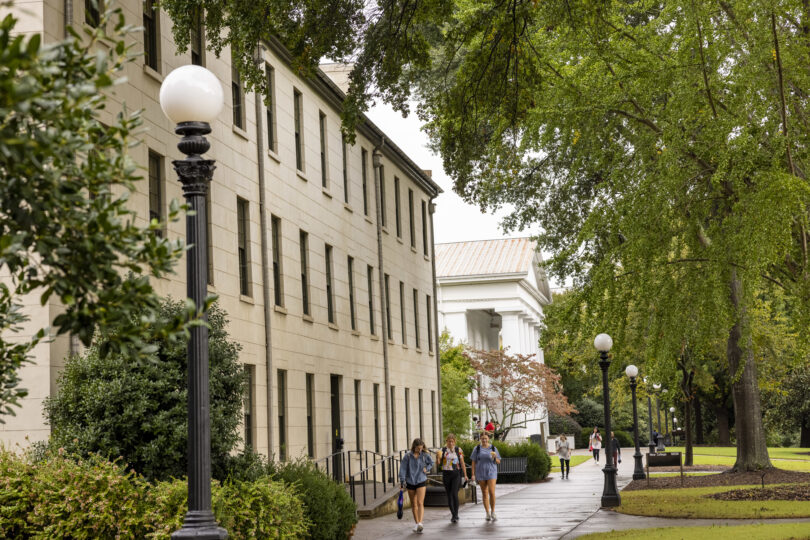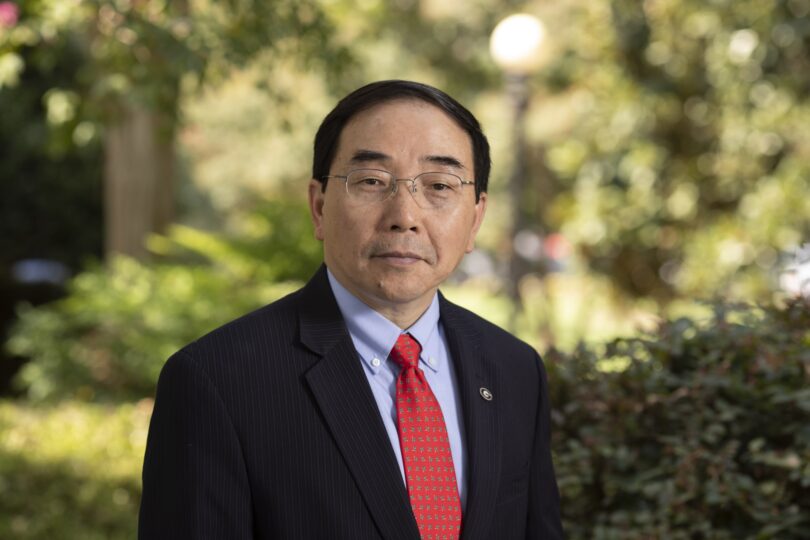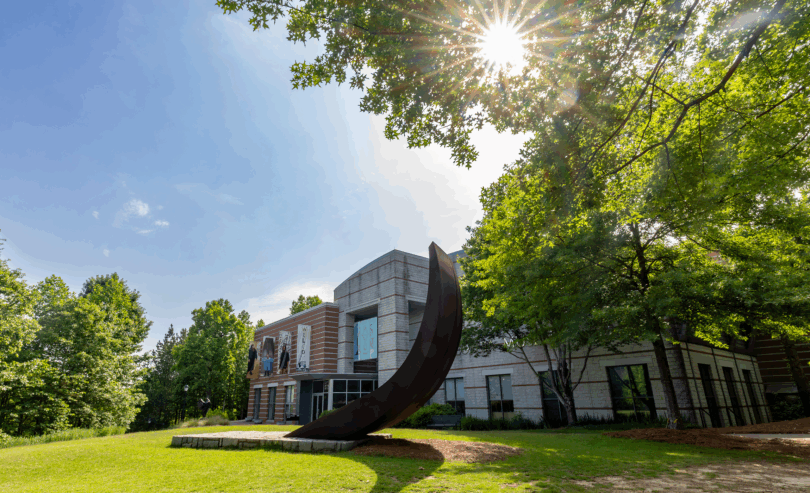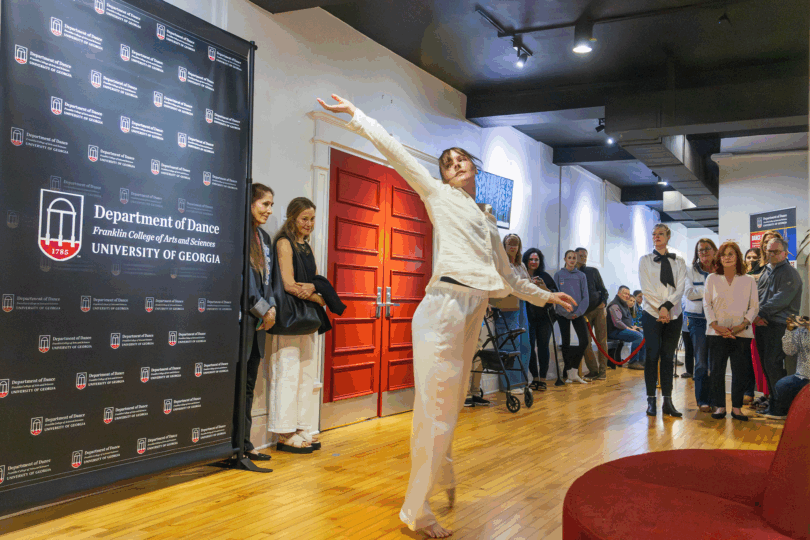The Delta Air Lines Foundation has committed $5 million to the University of Georgia Hospitality and Food Industry Management program, which is housed in the College of…
Connecting campus experiences to a career path
June 23, 2025
In today’s fast-changing workforce, employers are looking beyond grades and résumés to find candidates who can think critically, lead teams and solve complex problems. Now,…
Holmes-Hunter renovations earn historic preservation honors
June 20, 2025
The University of Georgia’s restoration of the Holmes-Hunter Academic Building, a historic anchor of UGA’s North Campus, has earned top honors from local, state and national…
Parents Leadership Council raises $1.5M for student programs
June 4, 2025
The University of Georgia Parents Leadership Council raised a record-breaking amount of $1.5 million to support student programs during the 2025-26 academic year. This service-oriented group…
An academic year defined by excellence
June 3, 2025
The 2024–2025 academic year marked a period of exceptional progress at the University of Georgia, defined by bold advancements in research, academics and public service that…
UGA ranks second in the nation for Boren Awards in 2025
June 3, 2025
For the second year in a row, the University of Georgia ranks second in the nation as a top-performing institution for Boren Scholarships. UGA also…
Ayers named UGA senior vice president for academic affairs and provost
May 29, 2025
Benjamin C. Ayers, dean of the C. Herman and Mary Virginia Terry College of Business, has been named the University of Georgia’s next senior vice…
S. Jack Hu to depart UGA after six years as provost
May 28, 2025
Following a six-year tenure as the University of Georgia’s Senior Vice President for Academic Affairs and Provost, S. Jack Hu has been named chancellor of the…
UGA students organize a music-inspired exhibition
May 28, 2025
Athens is known far and wide as a music town, and the collection at the Georgia Museum of Art at the University of Georgia is no exception….
Donors support revitalization of UGA Dance
May 28, 2025
In April 2025, ahead of the University of Georgia department of dance’s annual spring showcase, student-performers, faculty and audience members alike gathered in the newly named…










